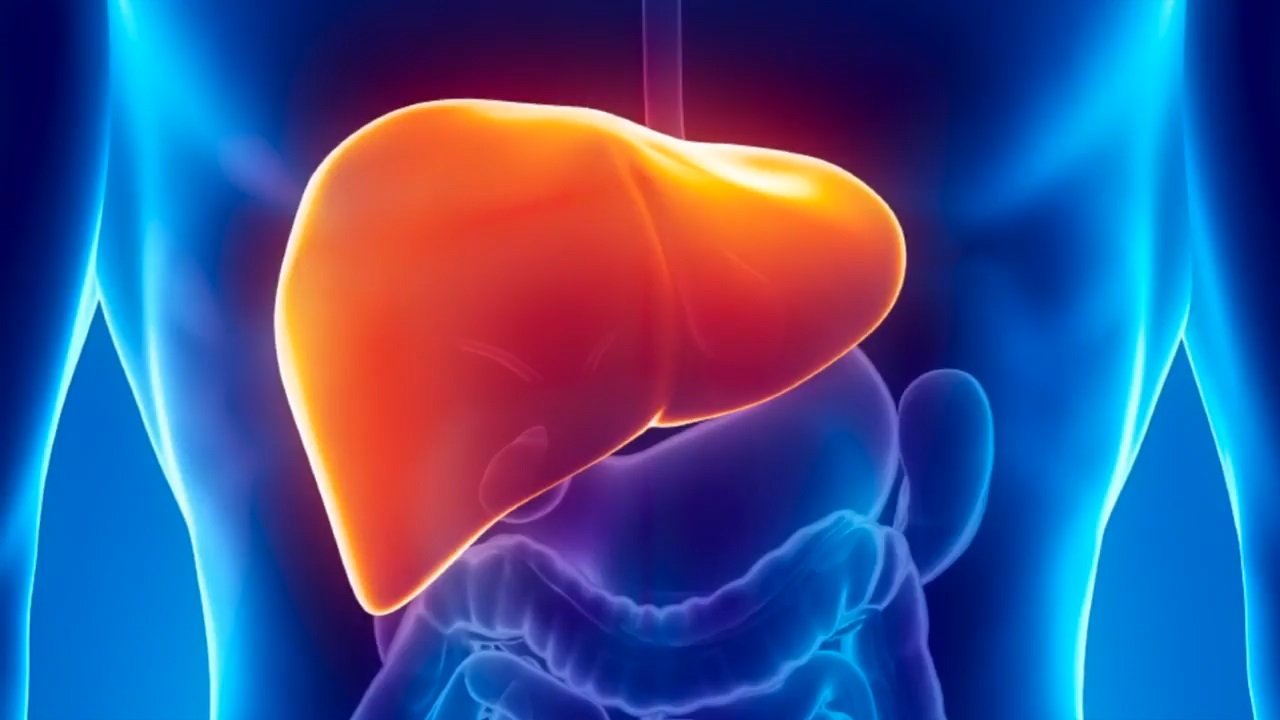World Hepatitis Day: WHO calls for equitable services in diagnosis & treatment
July 28, 2015 | Tuesday | News | By BioSpectrum Bureau
World Hepatitis Day: WHO calls for equitable services in diagnosis & treatment
60 percent of people living with HIV are co-infected with hepatitis with increased the risk of complications and deaths.
Globally, Viral hepatitis kills 4 000 people every day. Each year an estimated 1.5 million people die due to hepatitis, which includes deaths by liver cancer and cirrhosis. Nearly one third of the global hepatitis deaths - 500 000 - occur in the WHO South-East Asia Region (SEAR).
The situation is alarming within the region with around 100 million people living with chronic hepatitis B infection and another 30 million with chronic hepatitis C. India alone has 40 million people living with chronic hepatitis B infection. 60 percent of people living with HIV are co-infected with hepatitis with increased the risk of complications and deaths.
In her statement to media, Dr Poonam Khetrapal Singh, Regional Director, World Health Organisation South-East Asia Region mentioned, "Each one of these numbers carry a potential story of suffering, pain, lost livelihoods, missed opportunities, social, psychological and economic costs. These infections, disease, deaths and associated hardships for individuals, families, societies and economies can and must be prevented."
"Governments need to ensure adequate and equitable access to hepatitis prevention and control measures. However, the responsibility also lies with individuals. Nearly 65 percent of people living with chronic hepatitis B and 75 percent of those with chronic hepatitis C are unaware that they are infected. We are living with this risk and unless we act now, it can be catastrophic," added Dr Khetrapal.
She also mentioned that health promotion initiatives need to be strengthened and people made aware of the how they risk getting hepatitis and what they need to do protect themselves and their families from the hepatitis viruses. There is need for awareness among health administrators, policymakers, and medical professionals. The health sector needs to strengthen disease surveillance systems, ensure injection and patient safety, reliably and systematically screen all blood products, ensure strict adherence to the new WHO injection safety guidelines and improve infant vaccination rates including birth dose of hepatitis B within first 24 hours of delivery.
WHO is supporting countries to adopt data-driven and evidence-based policies to prevent, screen and treat hepatitis infections. Nearly 40% of those infected with hepatitis B and 80 percent of those with hepatitis C require life-long medical treatment, making access to affordable prevention and treatment for viral hepatitis an absolute necessity.
WHO India head concluded by saying that this year's theme for World Hepatitis Day on July 28 is "Prevent hepatitis. Act now." The global focus this year will be on preventing hepatitis B and C. With effective vaccine and treatment, as well as a better understanding of how we can prevent hepatitis, we can aim to eliminate these diseases and save lives."









